Emergency Dentists and Emergency Dental Procedures
Emergencies can happen at any time, and dental emergencies are no exception. When faced with sudden and severe dental issues, it’s essential to seek immediate attention from a dental professional. This is where emergency dentists come into play. Emergency dentistry focuses on providing immediate care and relief for dental problems that require urgent attention outside of regular office hours.
Emergency dentists are dental professionals who specialize in handling urgent dental issues and providing prompt treatment to alleviate pain and prevent further damage. They are typically available either outside of regular dental office hours or on very short notice to cater to patients in need of urgent dental care.
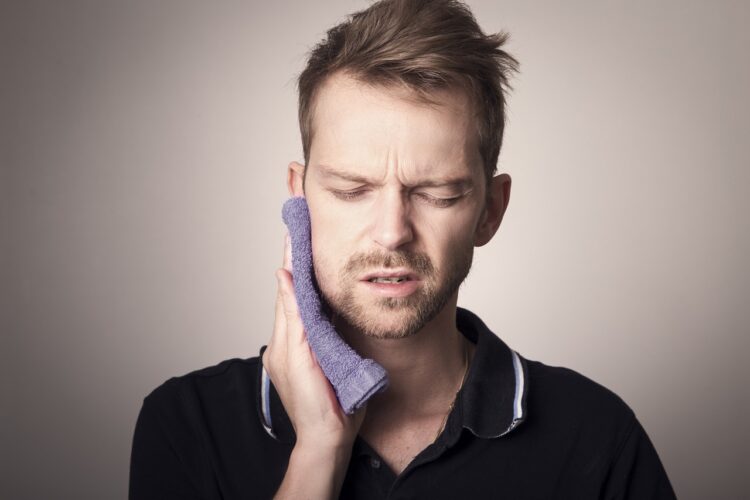
Common Dental Emergencies
Toothache and Dental Pain
Causes and Symptoms
Toothaches and dental pain can be caused by various factors, including tooth decay, dental abscess, gum disease, tooth fractures, or an impacted tooth. Symptoms may include persistent or throbbing pain, sensitivity to hot or cold temperatures, swelling, or discomfort when biting or chewing.
Immediate Steps to Alleviate Pain
When experiencing a toothache or dental pain, there are a few immediate steps you can take to alleviate discomfort. Rinse your mouth with warm saltwater to reduce inflammation. Gently floss around the affected tooth to remove any trapped food particles. Over-the-counter pain relievers, like ibuprofen, can temporarily reduce pain. Applying a cold compress to the cheek or jaw near the affected tooth can also help reduce swelling.
If the toothache persists for more than a day or is accompanied by severe pain, swelling, fever, or difficulty breathing or swallowing, it is crucial to seek emergency dental care. These symptoms may indicate a more serious underlying issue that requires immediate attention from a dental professional.
Cracked or Broken Teeth
Causes and Symptoms
Cracked or broken teeth can occur due to various reasons, such as biting into hard objects, facial trauma, tooth decay weakening the tooth structure, or dental fillings that have worn out. Symptoms may include sharp pain when biting or chewing, sensitivity to hot or cold temperatures, swelling, or visible cracks or fractures on the tooth.
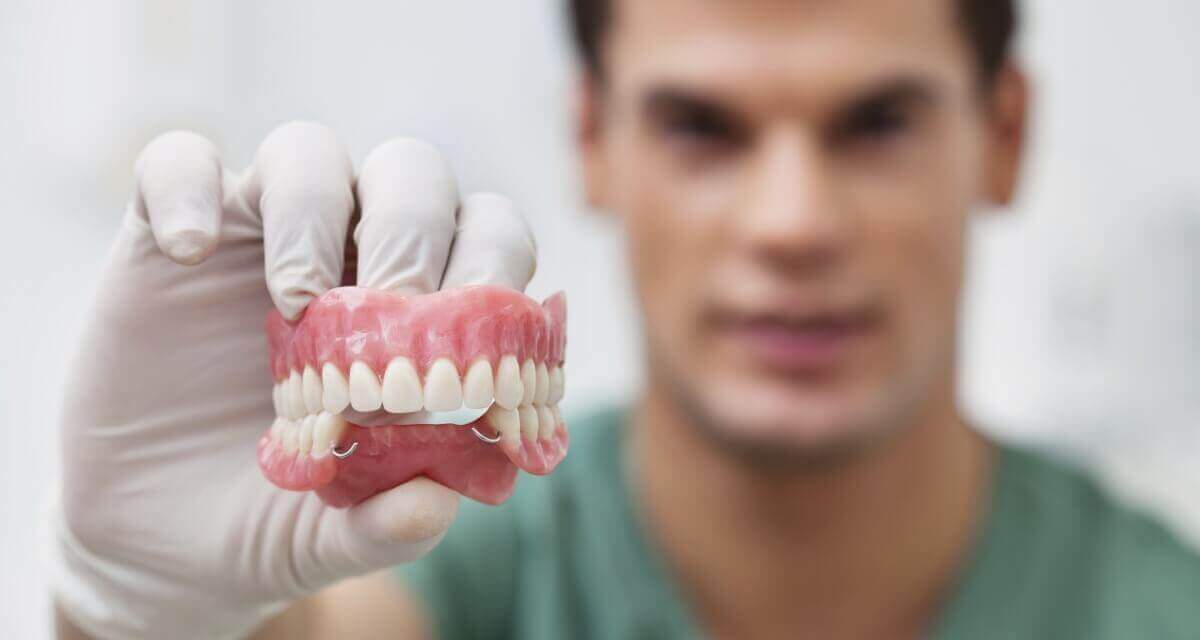
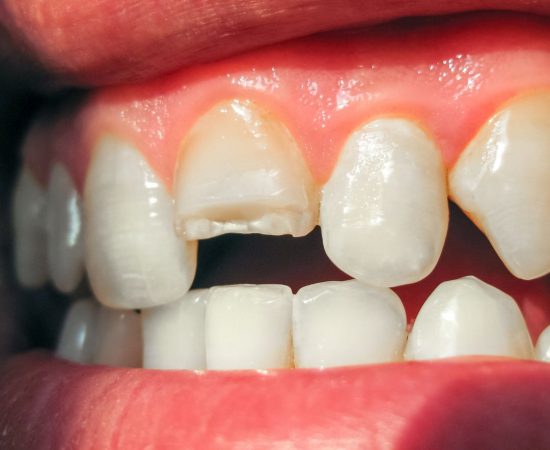
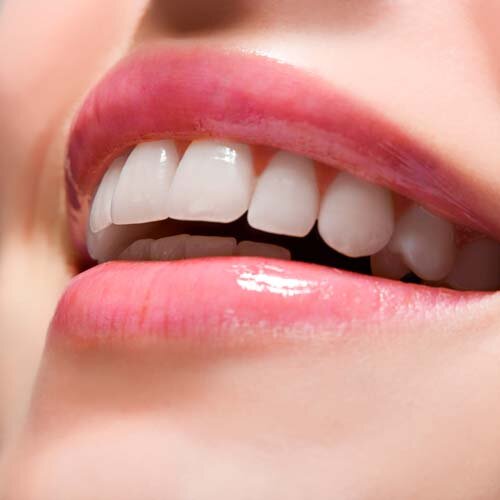
Preventive Measures
To reduce the risk of cracked or broken teeth, it is advisable to avoid chewing on hard objects such as ice, popcorn kernels, or pen caps. Using a mouthguard during sports activities or grinding teeth (bruxism) can also help protect your teeth from fractures. Regular dental check-ups can detect early signs of tooth decay or weakened tooth structure, allowing for timely preventive measures.
Emergency Dental Procedures and Treatment Options
The appropriate emergency dental procedure and treatment for a cracked or broken tooth depend on the severity and location of the damage. Treatment options may include dental bonding, dental crowns, root canal therapy, or tooth extraction in severe cases. A dental professional (for example, an emergency dentist) will assess the situation and recommend the most suitable course of action.
Knocked-Out Tooth
Causes and First Aid Treatment
A knocked-out tooth can occur due to accidents, sports injuries, or trauma to the face. If a tooth gets knocked out, it is essential to handle the situation carefully. Hold the tooth by the crown (the visible part) and avoid touching the root. Rinse the tooth gently with water if it’s dirty but do not scrub or remove any attached tissues. Preserve the tooth in milk, saliva, or a tooth preservation kit while seeking immediate dental care.
Preserving a Knocked-Out Tooth
To maximize the chances of saving a knocked-out tooth, it is crucial to act promptly. If possible, gently reposition the tooth back into the socket without forcing it. Alternatively, place the tooth in a glass of milk or keep it inside your mouth between your cheek and gum until you can see a dentist. Avoid letting the tooth dry out, as this can reduce the likelihood of successful re-implantation.
Emergency Dental Procedures and Possible Outcomes
If a knocked-out tooth is treated promptly, there is a possibility of re-implantation. The dental professional will clean the tooth socket, evaluate the tooth and surrounding tissues, and attempt to reinsert and stabilize the tooth. In some cases, root canal treatment may be necessary. If re-implantation is not possible, restorative options such as dental implants, bridges, or dentures can replace the missing tooth.
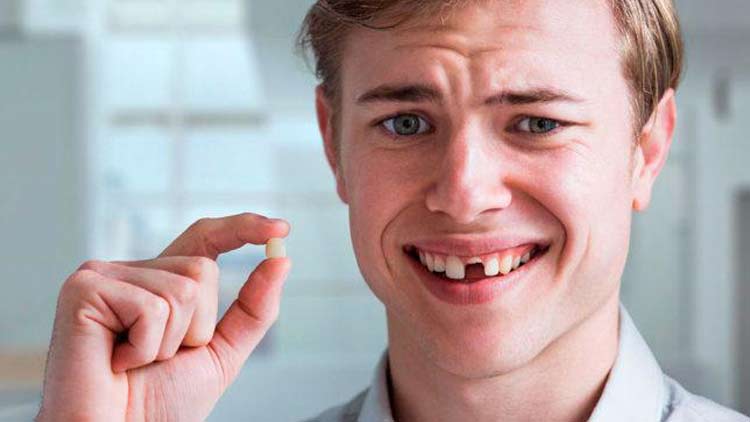
Lost Dental Filling or Crown
Causes and Temporary Solutions
Dental fillings or crowns can become dislodged or fall out due to decay, trauma, or natural wear and tear. Losing a filling or crown may cause sensitivity, pain, or discomfort. As a temporary solution, you can purchase dental cement or temporary filling material from a pharmacy and place it in the cavity or over the exposed tooth surface until you can visit a dentist.
Emergency Dental Treatment Options
Seeking emergency dental care is important when a dental filling or crown is lost. A dental professional will assess the situation and provide appropriate treatment options. This may involve replacing the filling or crown, performing a new restoration, or considering alternative options to restore the tooth’s structure and function.
Long-Term Solutions and Preventive Measures
To prevent the loss of dental fillings or crowns in the future, maintaining good oral hygiene practices is crucial. Avoid chewing on hard or sticky foods that can dislodge restorations. Regular dental check-ups can detect any issues with existing fillings or crowns and allow for timely repairs or replacements.
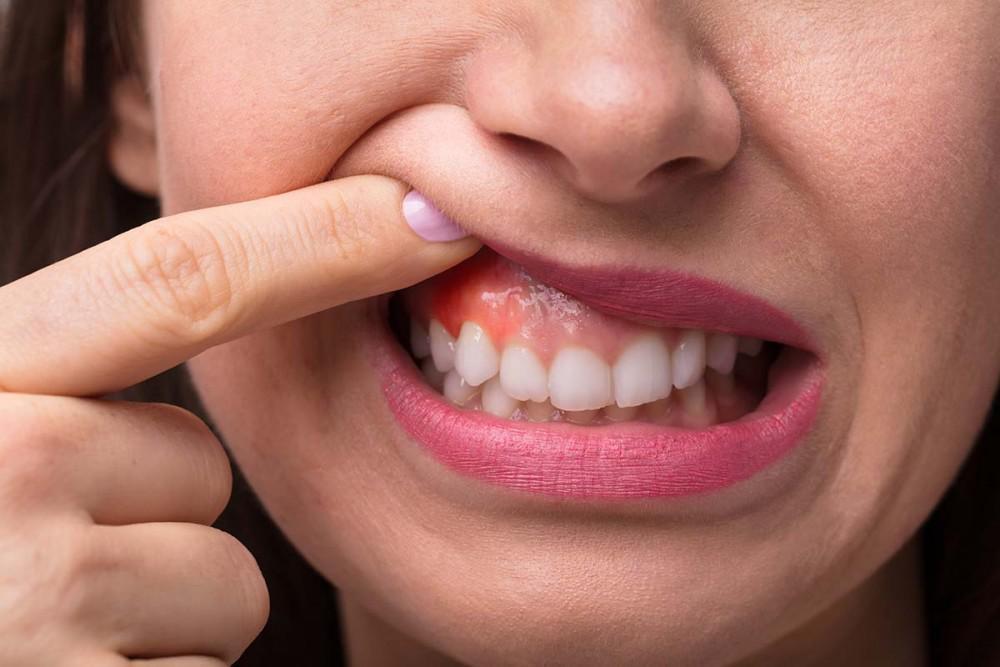
Dental Abscess or Infection
Causes, Symptoms, and Potential Risks
A dental abscess or infection is often caused by untreated tooth decay, gum disease, or a cracked tooth that allows bacteria to enter the pulp or root canal. Symptoms may include severe toothache, swelling of the face or gums, fever, foul breath, and a bad taste in the mouth. If left untreated, dental infections can lead to more serious health complications.
Immediate Actions to Take
If you suspect a dental abscess or infection, it is essential to seek emergency dental care promptly. In the meantime, you can rinse your mouth with warm saltwater to help reduce swelling and alleviate discomfort. Over-the-counter pain relievers can temporarily alleviate pain, but they should not replace professional dental treatment.
Emergency Dental Treatment for Abscesses
Dental treatment for abscesses typically involves draining the pus and removing the infection source. This may include root canal therapy to remove infected tissue or tooth extraction in severe cases. Antibiotics may be prescribed to eliminate the infection. A dental professional will determine the most appropriate treatment based on the severity and location of the abscess.
Emergency Dental Procedures
Emergency dental procedures encompass a range of treatments aimed at addressing acute dental problems that cannot wait for a scheduled appointment. These procedures aim to relieve pain, save teeth from irreversible damage, and restore oral health. Some common emergency dental procedures include:
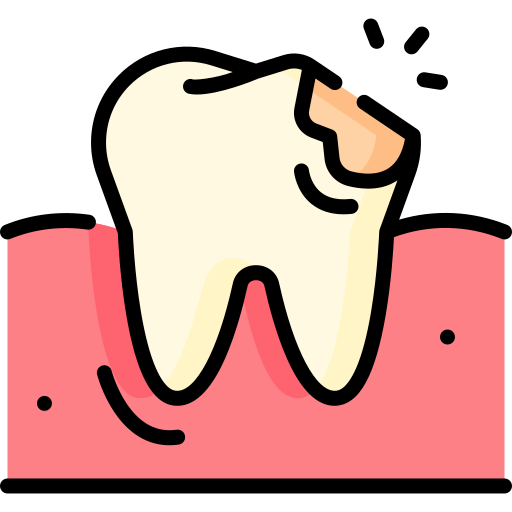
Broken or Lost Dental Restorations:
When a dental crown, filling, or bridge becomes damaged or dislodged, it can cause discomfort and compromise the tooth’s stability. Emergency dentists can repair or replace the restoration promptly to restore function and prevent further damage.
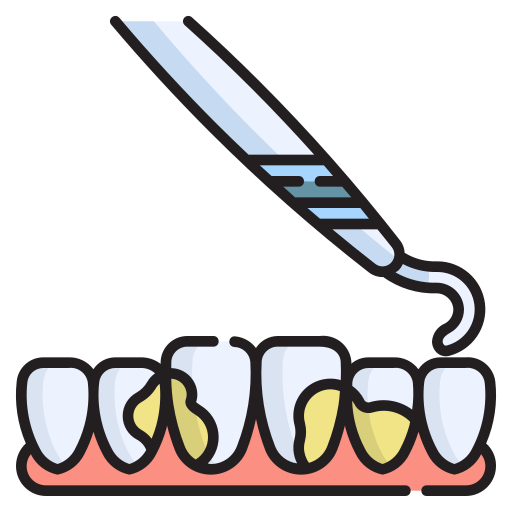
Abscess Drainage:
Dental abscesses are pus-filled infections that occur at the root of a tooth or in the gums. If left untreated, they can lead to severe pain, swelling, and systemic infections. Emergency dentists can drain the abscess and provide necessary antibiotics or perform a root canal to remove the infection.
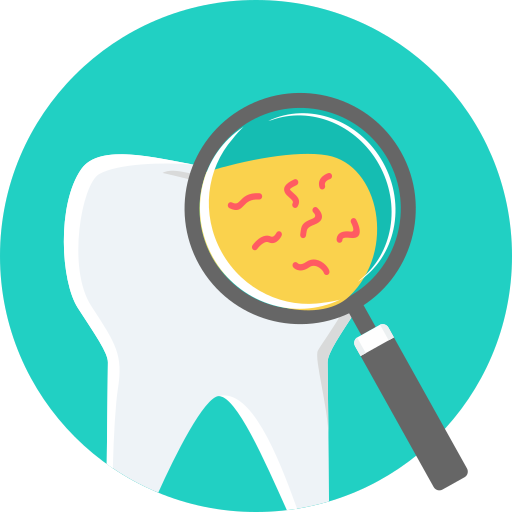
Dental Trauma:
Accidents or injuries to the mouth can result in fractured or knocked-out teeth. Emergency dentists can assess the extent of the injury, stabilize the affected tooth, and perform procedures such as bonding, splinting, or re-implantation to save the tooth whenever possible.
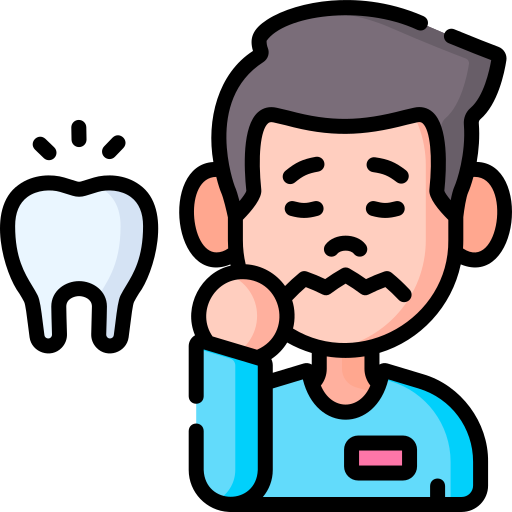
Toothache Relief:
Toothaches can occur due to various reasons, such as dental decay, infection, or a damaged tooth. Emergency dentists can identify the underlying cause of the pain and provide appropriate treatment, which may include dental fillings, root canal therapy, or tooth extraction.
Importance of Emergency Dentistry
Emergency dentistry plays a crucial role in ensuring prompt care and relief for dental problems that require immediate attention. Here are some reasons highlighting the importance of emergency dentistry:
Pain Relief:
Dental emergencies often involve severe pain and discomfort. Whether it’s a toothache, dental abscess, or trauma-related injury, emergency dentists specialize in providing quick pain relief. They can diagnose the underlying cause of the pain and administer appropriate treatments to alleviate discomfort effectively.
Preservation of Oral Health:
Dental emergencies, if left untreated, can lead to further damage and complications.

Prompt intervention by an emergency dentist helps prevent the progression of dental problems. Whether it’s addressing a decayed tooth, treating an infection, or stabilizing a damaged tooth, emergency dental care can help preserve oral health and prevent long-term issues.
Preventing Tooth Loss:
In cases of knocked-out or dislodged teeth, immediate action is crucial to increase the chances of saving the tooth. Emergency dentists can provide the necessary care to reposition and stabilize the tooth, increasing the likelihood of successful reattachment. Timely treatment can help prevent tooth loss and the need for extensive dental restorations or tooth replacements.
Handling Dental Trauma:
Accidents or injuries can result in dental trauma, such as fractures, avulsions (complete tooth loss), or injuries to the soft tissues of the mouth. Emergency dentists have the expertise to assess and manage such trauma effectively. Prompt intervention can minimize complications, control bleeding, and initiate appropriate treatment for a successful recovery.
Immediate Care Outside of Regular Hours:
Dental emergencies don’t always happen during regular office hours. Having access to emergency dentistry ensures that you can receive timely care, even during evenings, weekends, or holidays when regular dental practices may be closed. This availability provides peace of mind, knowing that urgent dental needs can be addressed promptly.
Expertise and Specialized Equipment:
Emergency dentists are equipped with the necessary skills, knowledge, and specialized equipment to handle urgent dental situations. They have experience in diagnosing and treating a wide range of dental emergencies, ensuring efficient and effective care.
Minimizing Complications and Costs:
Addressing dental emergencies promptly can help prevent complications from arising or worsening. Treating dental issues at an early stage often reduces the need for more extensive and costly interventions in the future. Seeking emergency dental care can potentially save you from prolonged pain, extensive treatments, and higher dental expenses down the line.
In summary, emergency dentistry plays a vital role in providing immediate care, pain relief, and preserving oral health. Having access to emergency dental services ensures that urgent dental problems are promptly addressed, helping to minimize complications, preserve teeth, and maintain overall oral well-being.
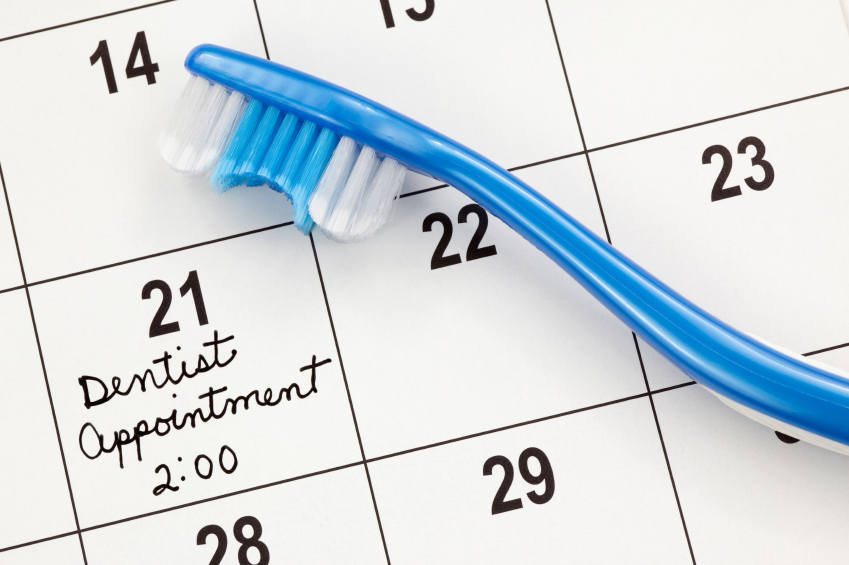
Differentiating Between Routine and Emergency Dental Care
Distinguishing between routine dental care and emergency dental care is essential to understand when to seek immediate attention from an emergency dentist. Here are some key factors that differentiate the two:
Routine Dental Care:
1. Preventive Focus:
Routine dental care primarily focuses on preventive measures to maintain optimal oral health. This includes regular dental check-ups, cleanings, and X-rays to identify and address any developing dental issues at an early stage.
2. Scheduled Appointments:
Routine dental care is typically scheduled in advance during regular office hours. Patients usually visit their dentist at predetermined intervals, such as every six months for check-ups and cleanings.
3. Non-Urgent Concerns:
Routine dental care caters to non-urgent dental concerns that do not require immediate attention. Examples include dental fillings for cavities, teeth whitening procedures, or orthodontic adjustments.
4. Planned Treatments:
Any planned dental treatments, such as dental crowns, bridges, or dental implant procedures, fall under routine care. These procedures are scheduled in advance to accommodate the patient’s needs and are not considered emergencies.
Emergency Dental Care:
Urgent Situations:
The following are examples of urgent emergency dental situations.
Unscheduled and Immediate Care:
Unlike routine care, emergency dental care is unscheduled and requires immediate attention outside of regular office hours. Emergency dentists are available during evenings, weekends, and holidays to handle urgent cases promptly.
Time-Sensitive Treatment:
Emergency dental care prioritizes time-sensitive treatment to manage acute dental issues effectively. Examples of emergency situations include severe toothaches, knocked-out or dislodged teeth, uncontrolled bleeding, or abscesses.
Focus on Pain Relief and Stabilization:
Emergency dentists focus on providing immediate pain relief, stabilizing injured teeth, and preventing further damage or complications. Their goal is to manage the immediate dental emergency and then determine the appropriate follow-up care.
Limited to Urgent Procedures:
Emergency dental care typically involves limited procedures that address the immediate problem. For example, emergency dental treatments may include tooth extractions, temporary fillings, dental splinting for tooth stabilization, or incision and drainage for abscesses.
It’s important to note that while routine dental care focuses on preventive measures and scheduled treatments, emergencies can arise unexpectedly. If you’re unsure whether your dental situation constitutes an emergency, it’s best to contact your dentist or an emergency dental clinic to seek guidance and determine the appropriate course of action.
What to Expect During an Emergency Dental Visit
1. Initial Assessment and Examination
When you arrive for an emergency dental visit, the dental team will perform an initial assessment and examination. They will evaluate your symptoms, medical history, and conduct a physical examination of your mouth and affected area. X-rays or other diagnostic procedures may be necessary to determine the extent of the problem.
2. Diagnostic Procedures and Imaging
Depending on the nature of the dental emergency, the dentist may require additional diagnostic procedures and imaging. This can include X-rays, CT scans, or intraoral photographs to obtain a clearer understanding of the issue and aid in treatment planning.
3. Emergency Dental Treatment Options
After the assessment and diagnosis, the dentist will discuss the available treatment options and explain the recommended procedure. They will address any questions or concerns you may have and ensure you understand the implications, benefits, and potential risks associated with each treatment option.
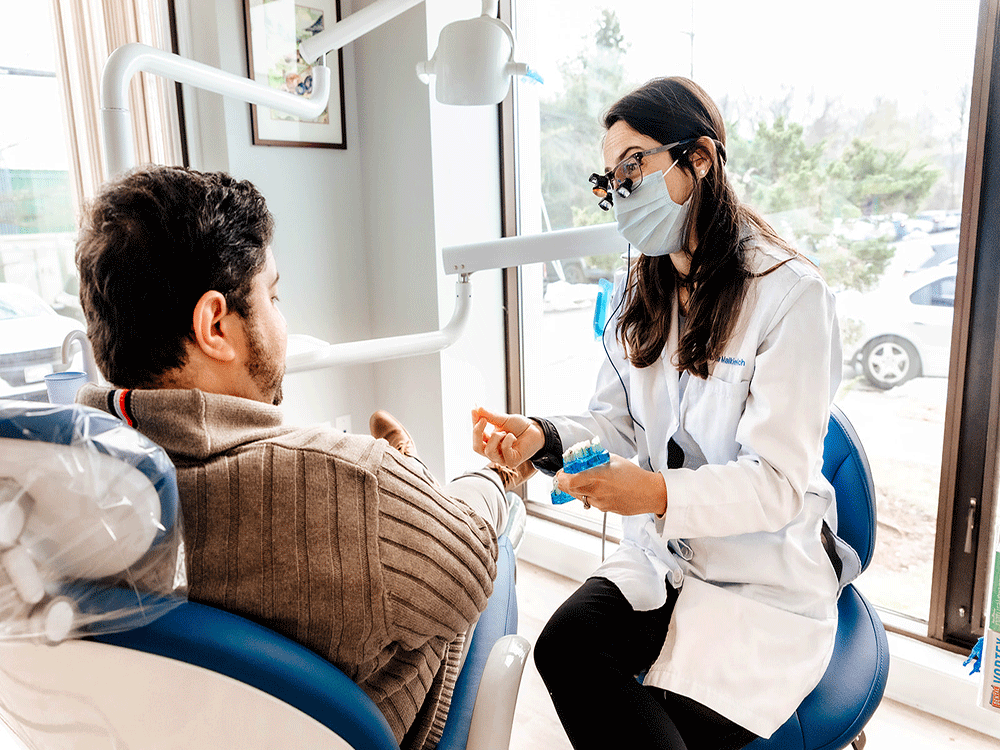
4. Post-Treatment Care Instructions
Once the emergency dental treatment is completed, the dentist will provide post-treatment care instructions. This may include guidelines for pain management, oral hygiene practices, dietary restrictions, and follow-up appointments. It is essential to follow these instructions to promote proper healing and minimize the risk of complications.
Preventing Dental Emergencies
1. Maintaining Good Oral Hygiene
Practicing good oral hygiene habits, such as brushing your teeth twice a day with fluoride toothpaste and flossing daily, can help prevent dental emergencies. Proper oral hygiene reduces the risk of tooth decay, gum disease, and other dental issues that can lead to emergencies.
2. Regular Dental Check-ups and Cleanings
Scheduling regular dental check-ups and cleanings is crucial for early detection and prevention of dental problems. Dentists can identify signs of decay, gum disease, or weakened dental restorations, allowing for timely intervention and reducing the risk of emergencies.
3. Avoiding Harmful Habits and Activities
Avoiding harmful habits such as biting on hard objects, using teeth as tools, or chewing ice can help prevent cracked or broken teeth. Additionally, refraining from tobacco use and limiting consumption of sugary foods and drinks can reduce the risk of tooth decay and gum disease.
4. Wearing Protective Gear During Sports
If you participate in sports activities, wearing a mouthguard can protect your teeth from injuries. Custom-fitted mouthguards, available through your dentist, offer the best protection, as they are designed to fit your teeth precisely.
